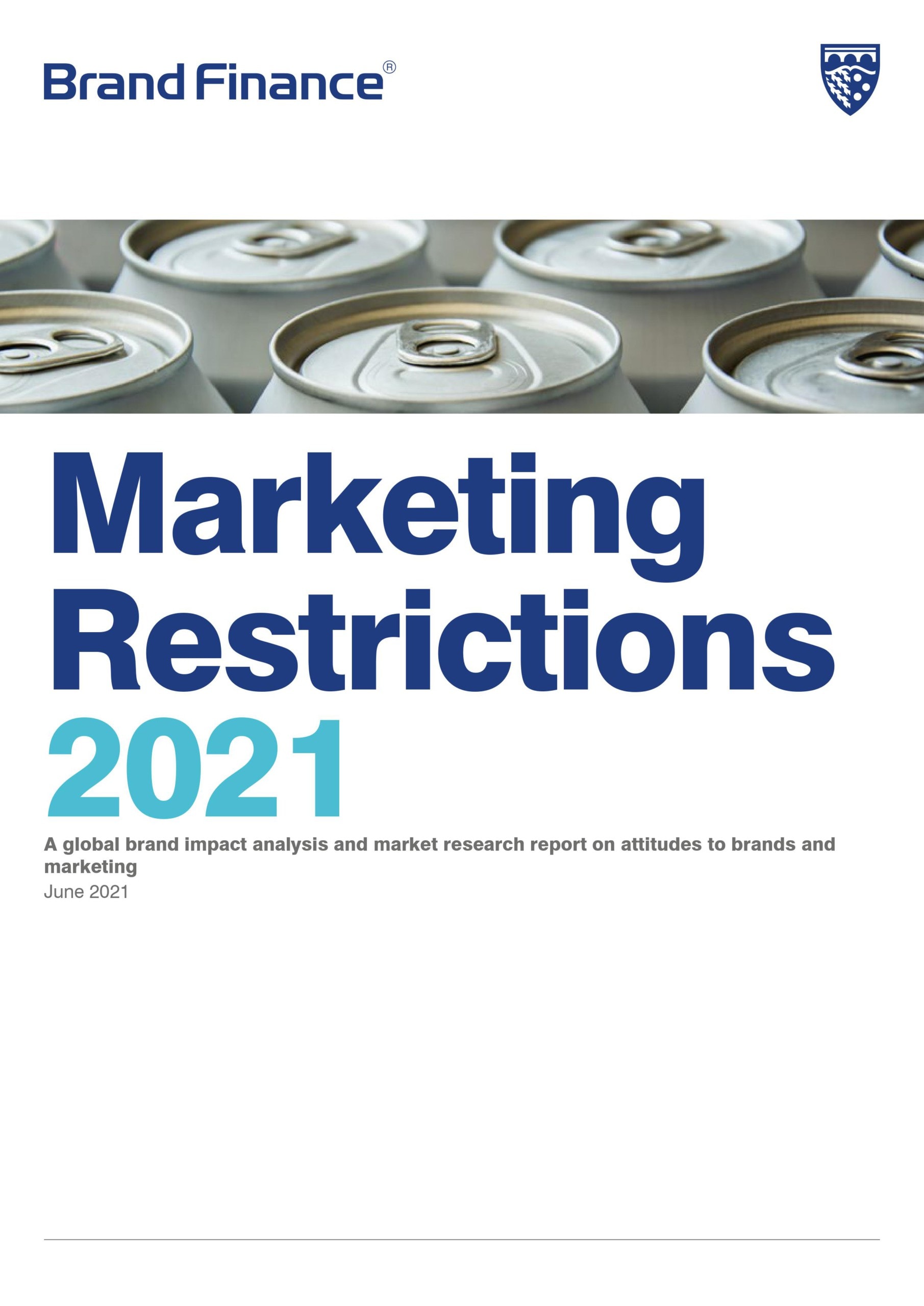Unquestionably, brands make markets work well, with informed consumers, wide choice, low risk, stronger competition on factors beyond price, innovation, and products developed and companies behaving in tune with society’s concerns - an article by John Noble, Director, British Brands Group.

Director, British Brands Group
In his brands lecture, Posh Spice and Persil, Jeremy Bullmore described brands as “fiendishly complicated, elusive, slippery, half-real/half-virtual things.” That is because they live in the heads and hearts of each us and are continually shifting and changing. Any new piece of information, any emotional reaction may have a brand effect, whether positive or negative.
Brands help us navigate complex markets. Faced with a myriad of choices, sometimes of complex products, it would take us an eon to choose were we to undertake a rational comparative analysis of every option. Instead we rely on our brands, those half-real, half-virtual things in our heads and hearts. And our brands can do this in a fraction of second. We use them to understand products, reduce risk, identify our preferences and discard other options.
Companies, keen to shape our brand understanding and win our preference, will make great efforts to ensure their products do not disappoint and will develop new products to meet our evolving needs and desires. Added rational and emotional values may encourage us to pay more than for a basic product, leading to wider choice and stronger competition.
Unquestionably brands make markets work well, with informed consumers, wide choice, low risk, stronger competition on factors beyond price, innovation, and products developed and companies behaving in tune with society’s concerns. Economically brands deliver too, creating significant market value, providing quality jobs and driving export performance.
Sustaining reputation is a strong self-regulatory motivation, though branded companies, like any other, are also heavily regulated by the state. Compliance with the relevant product specifications, consumer protection requirements, competition rules, and the host of other applicable regulations covering every aspect of business provides the licence to operate.
The introduction of new rules and regulations is constant. Some, like marketing restrictions, directly affect the way in which brands function, controlling information flows. Do such regulations, with their accompanying costs, deliver on their objectives, do they have unintended consequences and are they scrutinised over time, with the scope to refine if found wanting?
Recent research from IMK at EBS University in Germany, for example, suggests that advertising bans to reduce consumption of types of food are questionable, notably in mature markets where advertising serves primarily to differentiate brands rather than increase consumption. While advertising has an influence, other factors play a bigger role, such as the family and social environment, role models, social media and societal trends.
It is the role of policymakers to understand how markets work, how we as individuals make choices and what drives our behaviour. Effective policy requires clear, quantifiable goals, with the intervention being proportionate and based on sound evidence. Once introduced, objective monitoring and the scope to refine should help ensure that the intervention remains fit for purpose.

